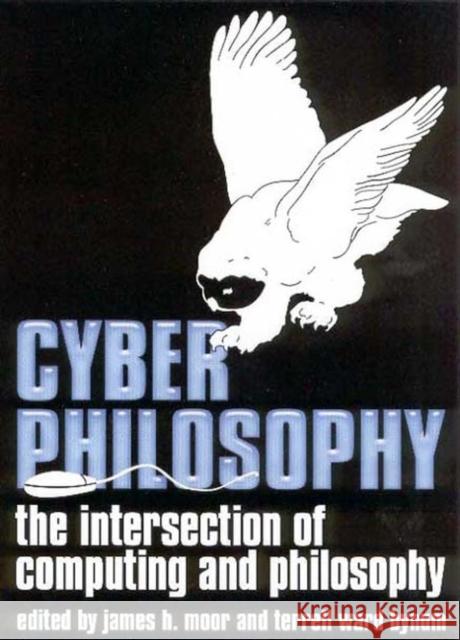Cyberphilosophy Intersection » książka
topmenu
Cyberphilosophy Intersection
ISBN-13: 9781405100731 / Angielski / Miękka / 2003 / 316 str.
This cutting edge volume provides an overview of the dynamic new field of cyberphilosophy - the intersection of philosophy and computing.
- Offers an overview of the latest developments in the dynamic new field of cyberphilosophy.
- Shows how computing is influencing all major areas of philosophy, and vice versa.
- Comprises a selection of newly written articles by international scholars.
- Articles are organised around five standard philosophical themes - minds, agency, reality, communication and ethics.
- Can be used alongside its sister volume, The Digital Phoenix as the basis for a course.
.











